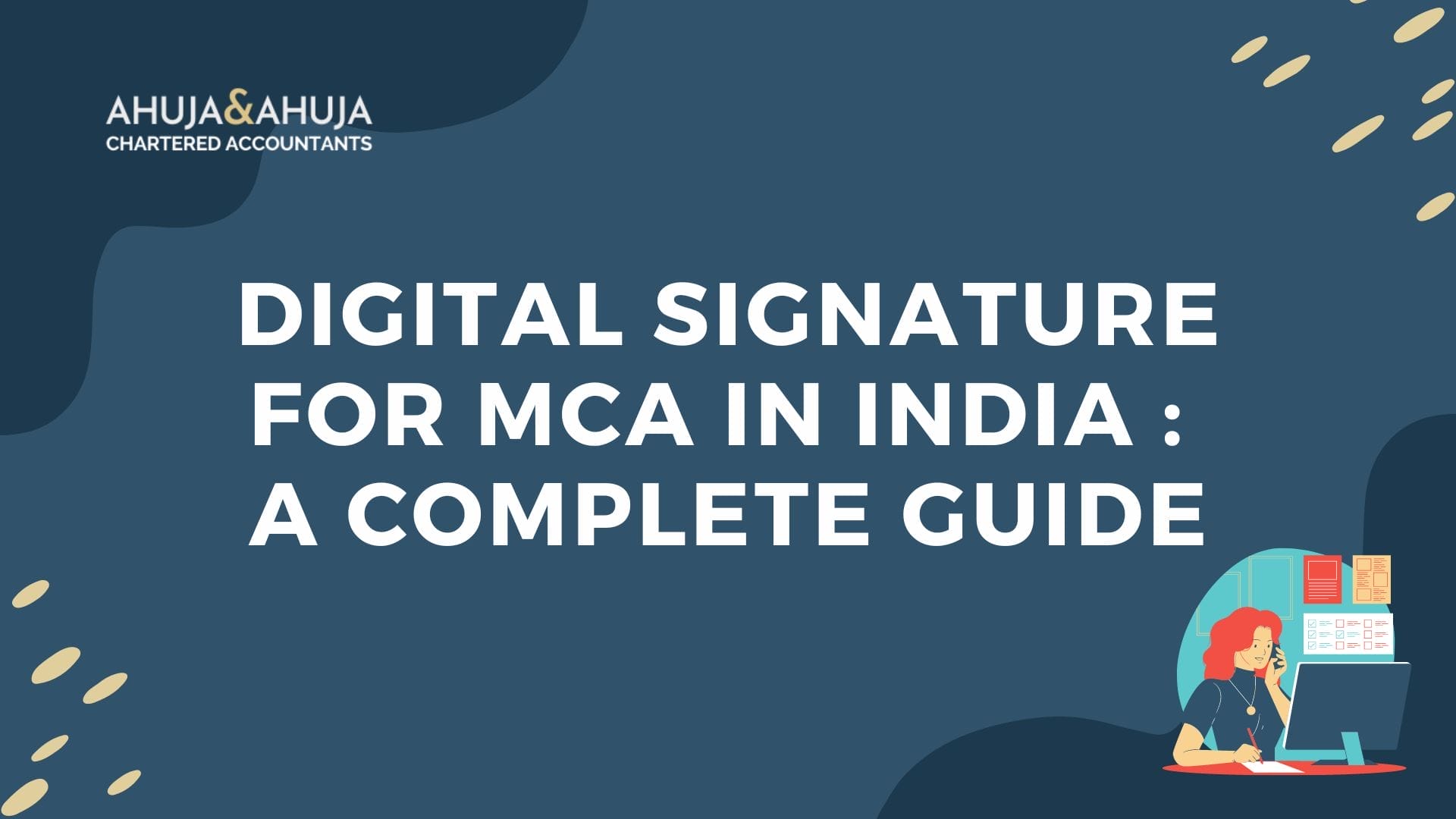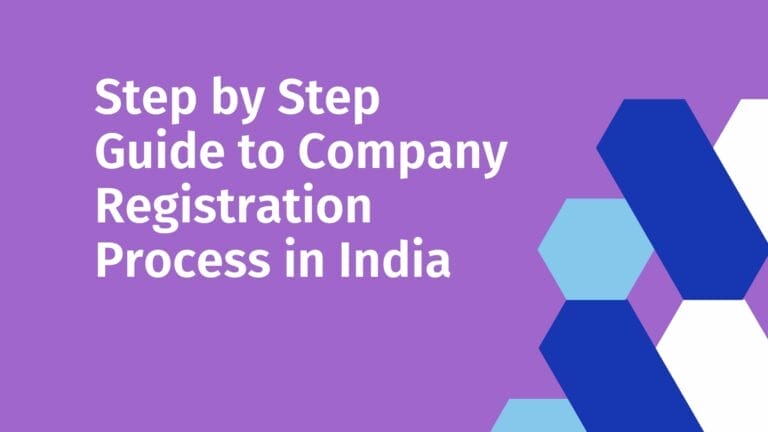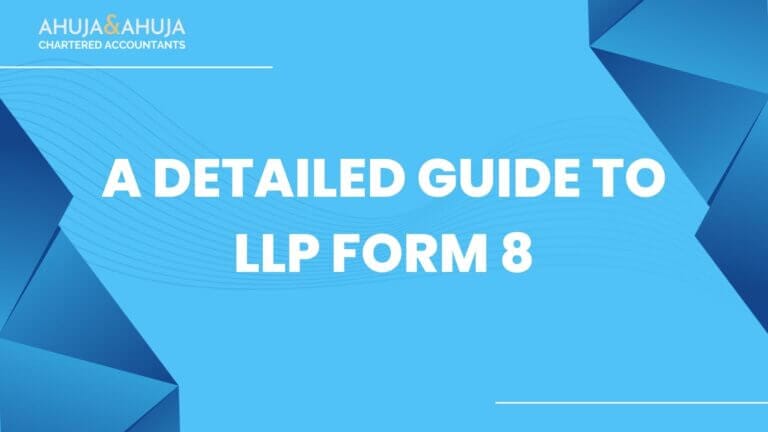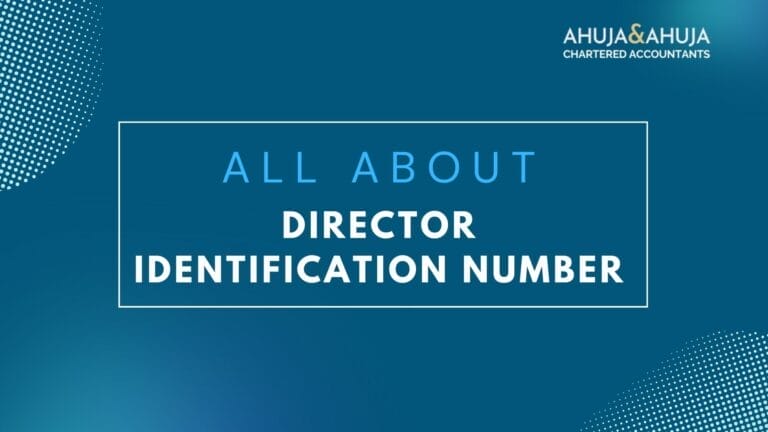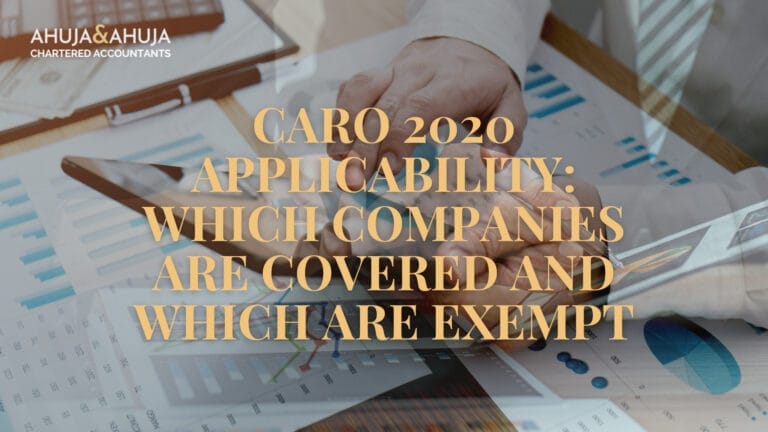Digital Signature for MCA in India: Complete Guide
In an era where technological advancements are reinventing the traditional business models, we are seeing a substantial surge in the digitization of many critical processes, including the filing of business-related documents. In India, this digital transition is governed by the Information Technology Act, 2000, which mandates the use of a Digital Signature Certificate (DSC) when submitting business documents online.
One such key initiative is the MCA21 e-Governance program, introduced by the Ministry of Corporate Affairs (MCA), which aims at modernizing the process of Company Registration in India. As a part of this initiative, it is mandatory for companies/LLPs to file documents using a DSC, authenticating the identity of an individual authorized to sign these documents.
Legal Warning
Importantly, it is illegal to use a DSC issued to someone else. One can only use a valid DSC that has been legally issued to them.
Basics of Digital Signature Certificate (DSC)
What is a Digital Signature Certificate?
Much like physical documents are authenticated using a manual signature, a Digital Signature Certificate (DSC) serves as the digital equivalent of a physical certificate. It can be presented electronically to prove one’s identity when accessing information or services on the internet, or when digitally signing certain documents.
Simply put, a DSC works similarly to a driver’s license or passport, verifying the identity of the authorized individual in the digital landscape.
Why is the Digital Signature Certificate (DSC) required?
A DSC is essential as it ensures the authenticity of the documents submitted electronically. Any document filed by companies/LLPs under MCA21 is required to be signed using a DSC. This brings reliability to the e-document, assuring the recipient that it has not been tampered with in transit and that it comes from a verified sender.
This professional practice has changed how companies operate, leading to enhanced corporate practices and transparency in company formation in India and annual return filing.
Stay tuned as we dive into more details about DSC in our upcoming section.
Details of the Digital Signature Certificate (DSC) for MCA
When it comes to the multiple aspects and technicalities surrounding Digital Signature Certificates, it is essential to be familiar with the types of DSCs, the certified authorities that issue them, and their validity.
Certification Agencies:
The certification agencies are the backbone of the DSC mechanism. They are appointed by the Controller of Certification Agencies (CCA) under the Information Technology Act, 2000. As of now, a total of eight certification agencies have been given the authority by the CCA to issue Digital Signature Certificates. The comprehensive list of these agencies is available on the MCA’s portal, providing stakeholders with the necessary contacts to obtain their DSCs.
Class of DSCs:
The choice of the DSC class plays a crucial role depending upon the requirement of the e-filing under MCA21. The Ministry of Corporate Affairs specifies the requirement for a Class-III category signing certificate for e-Filings under the MCA21 initiative. This classification ensures a standardized verification process whereby:
- Class 3 certificates represent the highest level of assurance and are issued to individuals who appear in person before the certifying authorities.
If an individual possesses a DSC for another application, they can seamlessly use the same for filings under MCA21, provided it meets the specified class criteria.
Validity of Digital Signatures:
Typically, a Digital Signature Certificate is issued with a validity of one or two years. This period begins from the date of issuance and signifies the time frame within which the DSC remains functional. Upon expiry, the validity of the DSC can be renewed through the issuing certified authority, ensuring uninterrupted services for the individual or entity using DSC for electronic filings.
In summary, understanding the operational landscape of Digital Signature Certificates, including the varied classes and the certification agencies authorized to issue them, is pivotal for entities and individuals engaging in any electronic filings under the MCA21 initiative. This knowledge not only streamlines the process of obtaining the DSC but also aids in compliance with the legal frameworks put forth by the Ministry of Corporate Affairs.
In the upcoming sections, we will explore the cost implications, the process of acquiring a DSC, and intricate FAQs to clarify common doubts and queries.
Stay tuned as we delve deeper into the intricacies of Digital Signature Certificates, making this digital journey as straightforward and effortless as possible.
The Costing of DSCs
Understanding the financial aspect of obtaining a Digital Signature Certificate is critical for businesses and professionals alike. The cost associated with acquiring a DSC can vary based on several factors, including the certification agency chosen, the type of DSC, and the validity period.
Breakdown of Costs:
- Medium of DSC: The first cost component is the medium, which is essentially a USB token where the DSC is securely stored. This is a one-time cost incurred during the initial acquisition.
- Issuance of DSC: The second component is the actual cost of the DSC issuance. This varies across different certification agencies and is influenced by market dynamics and the class of DSC being applied for.
- Renewal: Post the expiry of the initial validity period, the DSC needs to be renewed. The renewal cost may differ from the initial issuance cost and is subject to the prevailing rates at the time of renewal.
It’s recommended for stakeholders, including company representatives and professionals required to obtain DSCs, to survey the market and opt for certification agencies that offer the best rates without compromising on security and reliability.
Factors Influencing Cost:
The costs mentioned are indicative and can be influenced by market demand, the specific services offered by the certification agency, and any additional features provided with the DSC.
For an updated and detailed cost analysis, stakeholders are encouraged to visit the Ministry’s portal on Corporate Tax Services which periodically updates the costs of issuance of DSCs as quoted by the certification agencies.
Acquiring a DSC
Obtaining a Digital Signature Certificate is a straightforward process, but it requires careful attention to detail to ensure compliance with legal requirements and to avoid any future discrepancies.
- Direct Approach to CAs: Applicants can directly approach Certifying Authorities with original supporting documents. Self-attested copies of these documents will also suffice in most cases.
- Aadhar eKYC Based Authentication: For added convenience, DSCs can be obtained using Aadhar eKYC based authentication. In this scenario, the need for physical documentation is eliminated, simplifying the process significantly.
- Steps to Follow:
- Choose a certified issuing agency.
- Submit the necessary documents, based on the mode of application (direct, Aadhar eKYC, or bank certified).
- Complete the application form and pay the required fees.
- Receive your DSC on a secure USB token.
This part of the guide demystifies the cost aspects and the process of obtaining a Digital Signature Certificate. In the upcoming sections, we will tackle frequently asked questions, ensuring a comprehensive understanding of DSCs and their application in the corporate world.
FAQs
How long does it take to obtain a DSC?
It generally takes about 1-3 days for the Certifying Authorities to issue a DSC once all required documents are submitted and verified.
Is Director Identification Number (DIN) necessary to apply for DSC?
No, obtaining a DIN is not a prerequisite for applying for a DSC. However, individuals looking to fulfill roles such as Director within a company might need both. For more information on DIN, visit our complete guide on All About Director Identification Number (DIN).
What happens if my DSC expires?
Upon expiration of your DSC, you would need to renew it through the same or a different Certifying Agency. It’s crucial to keep track of the validity to avoid disruption in filings and submissions.
Can I use my DSC for multiple companies or filings?
Yes, a DSC is issued to an individual and not to an organization. Therefore, you can use it across multiple companies and for various filings, as long as the DSC is valid.
What should I do if I face technical issues like ‘please restart the emsigner’?
Such issues could be resolved by running the emsigner as an administrator and ensuring that your system’s Java configuration allows the URL https://127.0.0.1:2015. For detailed troubleshooting, refer to our guide on Compliance List for Company.
How can I register or update my DSC on the MCA portal?
For first-time users, there’s a guided process available on the MCA portal during your initial login. For updating your DSC, you can use the ‘Update DSC’ service available on the portal. More insights are available in our article on Company Annual Return Filing.
What is the legal status of a Digital Signature?
As per the IT Act, 2000, Digital Signatures hold the same legal status and are admissible in a Court of Law, similar to traditional signatures.
Final Words on Digital Signature
Digital Signature Certificates are an essential tool in today’s digital age, especially for the streamlined and secure submission of electronic documents to the MCA under the MCA21 e-Governance programme. Understanding their types, the process of obtaining, their validity, and the legal framework surrounding them is critical for efficient corporate governance.
This guide aims to provide a comprehensive understanding of DSCs, making it easier for individuals and entities to navigate through the process of acquisition and use. Whether it’s for business setup services, compliance, or routine filings, having the right information and resources ensures a seamless operational flow.
Disclaimer
The materials provided herein are solely for educational and informational purposes. No attorney/professional-client relationship is created when you access or use the site or the materials. The information presented on this site does not constitute legal or professional advice and should not be relied upon for such purposes or used as a substitute for professional or legal advice.

